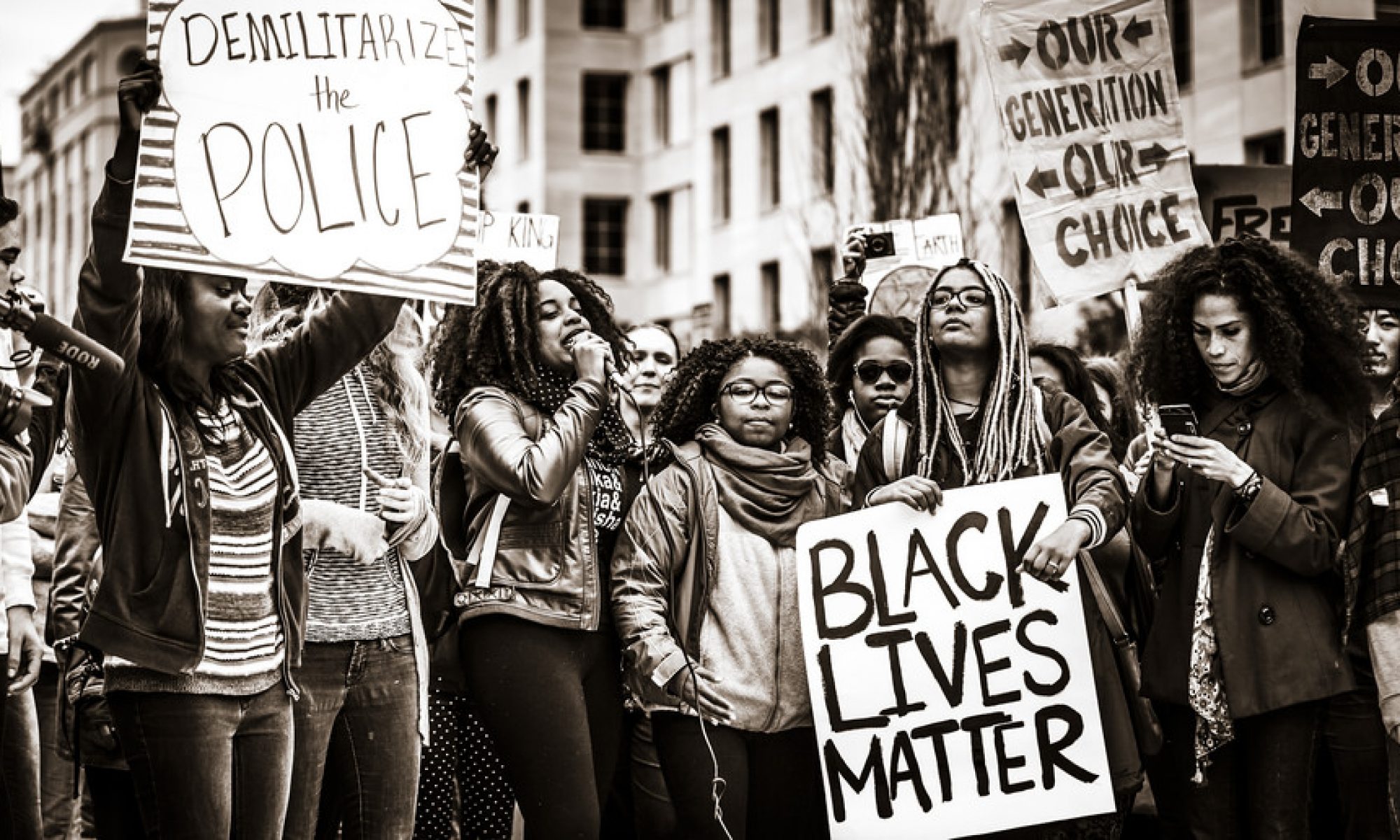Paige Clay, “The mammy caricature through film and the responses of Black women”
For my final paper I’ve decided to explore the idea of the mammy caricature through film. I’ve also ties this to our class be incorporating how black women have responded to these false assumptions. This paper will focus on six different films; Gone with the wind, Imitation game, The Birth of a Nation, the help, Big Mommas house, and Madea. I will analyze how the idea of the mammy is played out in all the films while also understanding what these stereotypes are doing to damage black women. Further more I will use first hand experiences from black women and talk about how they combat these negative stereotypes. This will also include taking about the ways in which they’ve responded and how the black freedom movement. I choose to write my final paper on this because these false representations have been diminishing black women for years. It is important to understand why and how these stereotypes are prevalent in society, so I’ve chosen to focus on this through film.
Adam Clark, “African American Women and their role on the march on Washington”
For this paper, I will be looking at how African American women played a role in the march on Washington. As we have been talking about for the entire year so far we have seen women playing huge roles in the movement. They were even involved in the march on Washington. However, their voices were silenced again due to men wanting to take all the glory. In this paper, I will be looking at how these4 women affected the march and what roles they played in the march. I will also be looking at how the women felt about being left out of the march.m Lastly I will be looking at different grassroots movements to try and connect them to the march on Washington.
Sarem Kornma, “The Me Too Movement: a Reconceptualization of Sexual Harassment”
My essay will focus on the #MeToo movement with the overall focus of black woman through the intended lense of its founder Tarana Burke, a black female activist from The Bronx, who started the movement in 1997. There are two eras of #MeToo movement. First is when it initially began within the context of Tarana Burke’s experiences and and The second being within the context of the recent presidential elections and all of the allegations that have come with it in addition to the hollywood centered Harvey weinstein cases. This essay will not only explore Tarana efforts to put black women in the focus of the movements and how that focus has shifted but also, it will explore the effects of the rise of social media within the last two decades and how it has impacted the conversation around intersectionality, and how it has impacted organization for the #MeToo movement as a whole. I will explore questions like how is justice conceptualized in the minds of black women during the #MeToo era, and who is leading the organizations? Is there discourse happening about intersectional issues and if so what are the solutions being offered? Interestingly Tarana Burke is behind the documentary Surviving R kelly, with this being said I will also delve into her perception of the unique place of disadvantage that black woman have within their intersectionality.
